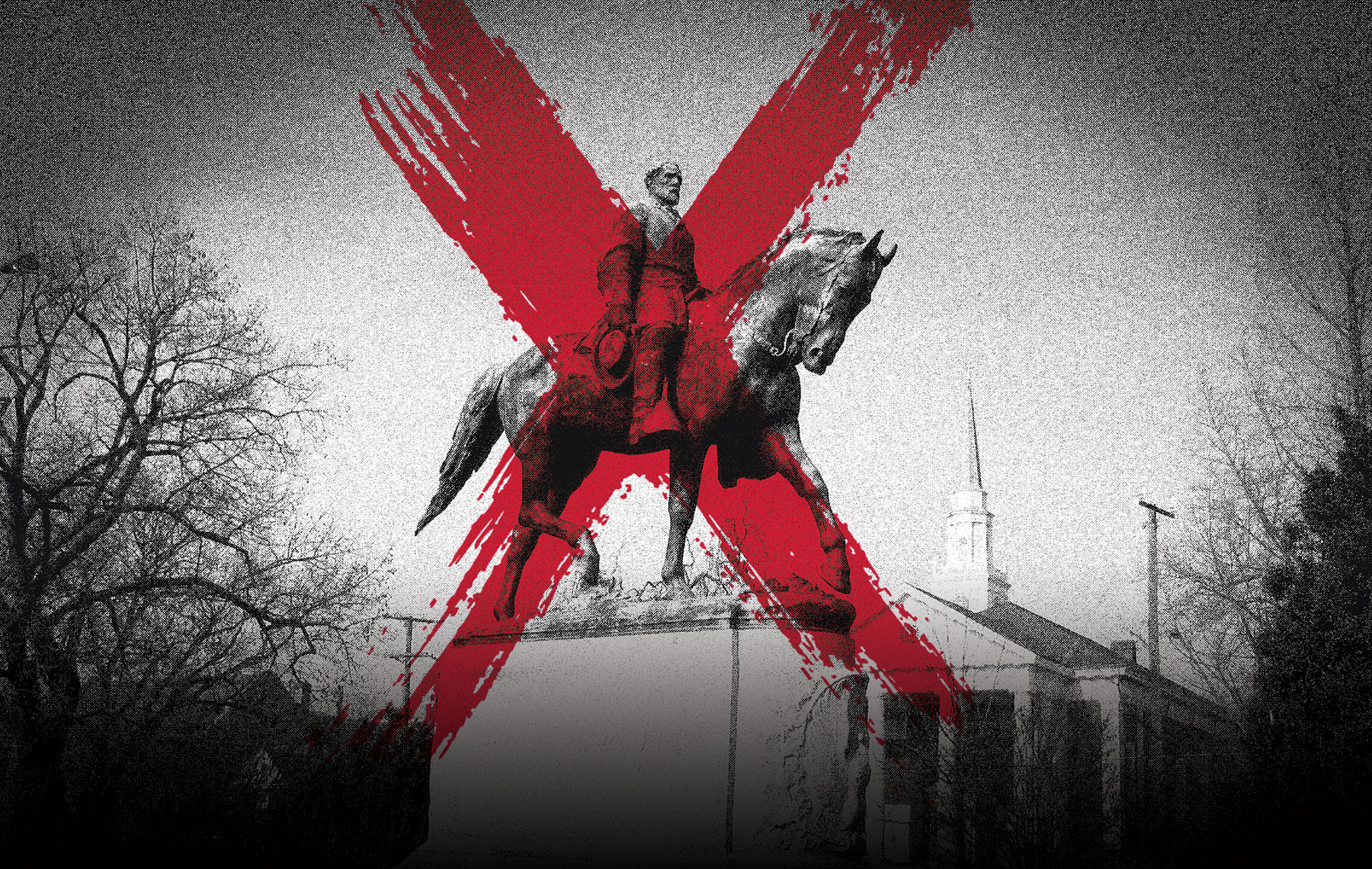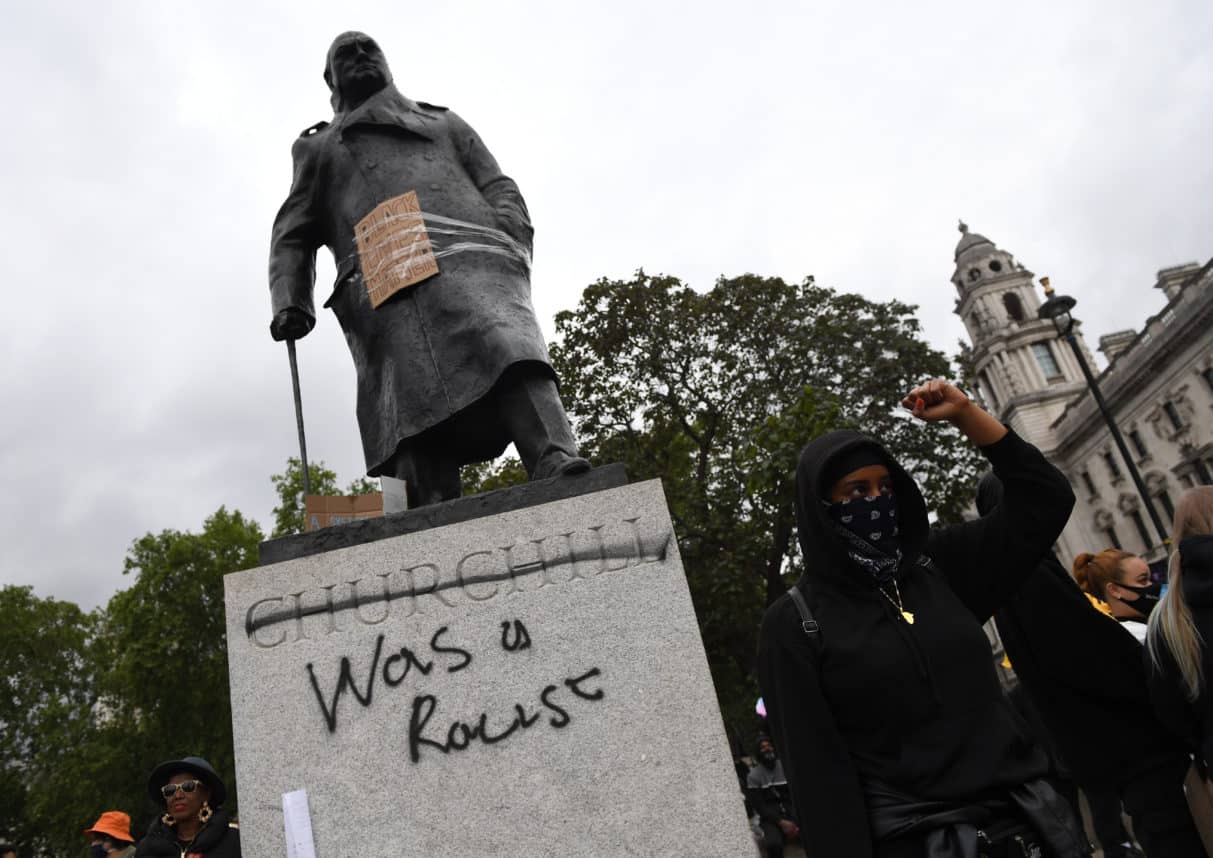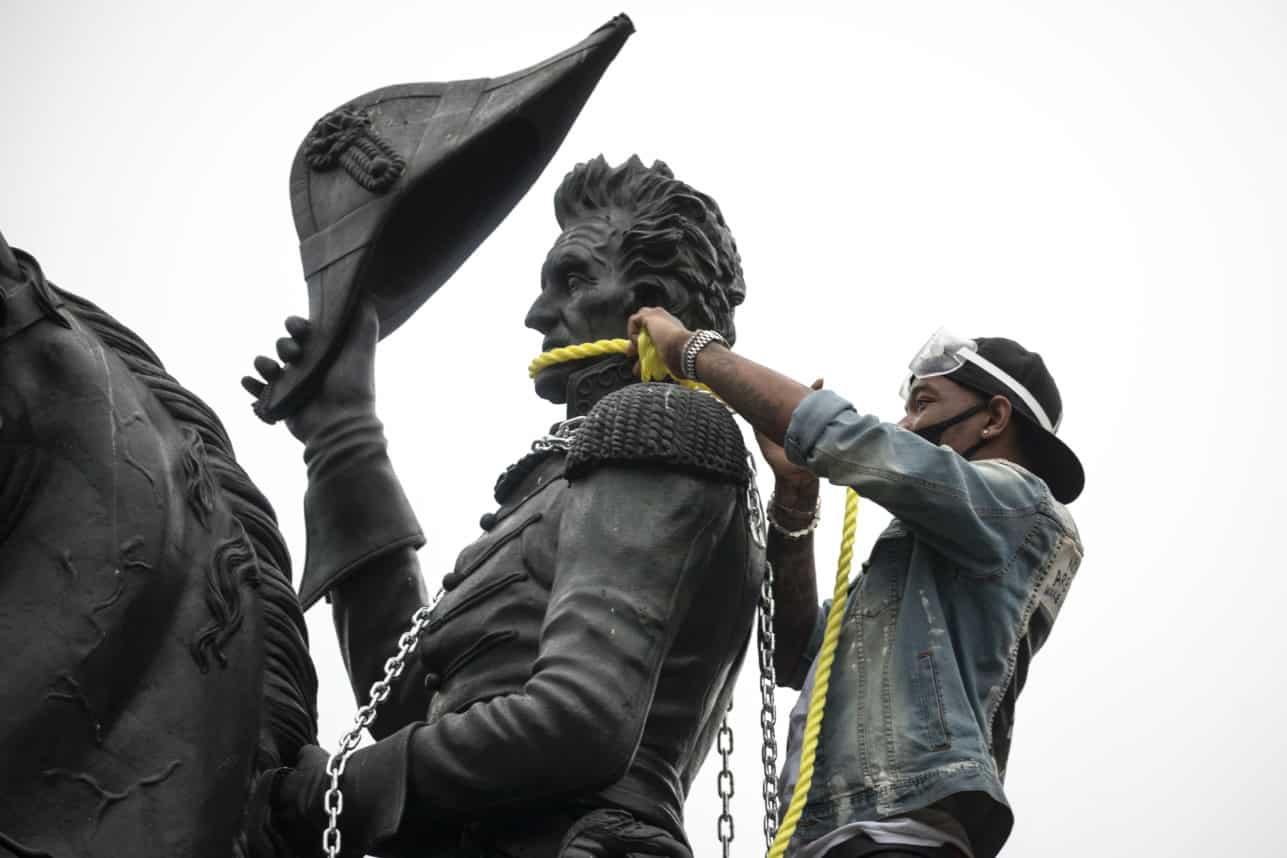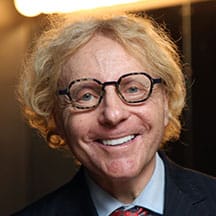
Whoever would have believed that COVID-19 might not top the list as the most transformative event of the year. The protests after the deaths of George Floyd and Rayshard Brooks, and some of the excesses that ensued, may, over time, have the more lasting impact.
It all emanated from police brutality. Black people had had enough. Well-meaning demonstrators, and some with more felonious thoughts, took to the streets — during a pandemic, no less, shouting slogans and sending germ particles into the air, throwing all caution to the wind. The time for racial justice would wait for no quarantine protocols.
This heightened consciousness of structural racism galvanized protestors across the nation. Somewhere along the way, however, it all became immersed in the “cancellation culture,” which pervades college campuses and the Twittersphere — with its focus on silencing, moral revulsion and exile. Suddenly, police shootings and chokeholds were bedside the point. Racism was everywhere, and those who may have supported any of it must disappear from our culture and public square.
In a nation that practiced slavery for nearly the first 100 years of its existence, race has insinuated itself into every aspect of American society. Eliminating all of it — scrubbing a culture clean of prejudice — even if innocuous; even if not malignant; even if blue-state, white Americans accept eternal blame — is a challenging national project. Is purging all this historic racism possible? Isn’t that too much to expect all at once?
Such an overhaul requires cutting corners; illiberal impulses might be called upon.

“White privilege” entered the national vocabulary fast and furiously. Suddenly, it became a term of art white America started to embrace — all in the spirit that this moment of time presented. A pandemic and a rapid succession of events involving police misconduct introduced a perfect storm for social change.
Yet, might it possibly be moving too fast? A demand for wholesale white atonement won’t be well received by the comfortably politically incorrect. Many white Americans do not feel privileged because of the color of their skin. It will take some convincing. Sadly, this protest movement is not without an element of militancy — a “by any means necessary” perspective Malcolm X first voiced.
Decapitating Confederate statues may send disgusted marchers in opposite directions. It’s likely few wish to see Thomas Jefferson’s Monticello torched or his statue along the National Mall defaced. Yes, he owned 600 slaves. But he was a product of his time. A former president who authored the Declaration of Independence ought not be a candidate for cancellation.
Winston Churchill’s colonialism and Adolf Hitler’s Final Solution are weighted differently in the moral universe. Yet there are those who maintain that the havoc and horror these men wreaked are morally equivalent, and no distinctions should be made.
Americans, under their Constitution, are permitted to join the Ku Klux Klan or protest the removal of a statute of Robert E. Lee. But it now appears that much of this movement has no patience for the First Amendment. Counter-protests are counterproductive. Toppling statues is taking justice into its own hands. Vigilante self-help is more satisfying.
Cancellation often is a rash and impulsive act. As a remedy, it is extreme, and should be held in reserve.
More changes are coming. But are they necessary, and are we ready for them? Most importantly: Will they produce actual solutions to our racial divide?
In a move of lightening rebranding, the product faces of Aunt Jemima, Uncle Ben and Cream of Wheat and the shape of Mrs. Butterworth’s syrup bottles are all being either retired or are the subjects of discussion over packaging makeovers.
UCLA professor Gordon Klein was suspended for refusing to grant preferential treatment to Black students shaken by George Floyd’s death.
Comedians are staying away from colleges and the coddled minds of their student bodies. American laughter now comes with ground rules. Racial humor isn’t even allowed the portal granted to internet porn.
Standup comic Jackie Mason’s reference to “schv*rtze” in his act is unimaginable today. And don’t expect to see Mel Brooks’ “Blazing Saddles” on cable anytime soon. Prejudice, even on the open frontier, is no longer a laughing matter.
“Wokeness” has become a contact sport, with the racially insensitive as tackling dummies. Showboating celebrities use Instagram to proclaim how mortified they are by their privilege. The title “Gone With the Wind” now finally makes sense — a howling PC wind has swept it away, all because it trivializes slavery.
I’m the son of two Holocaust survivors. To my mind, “Schindler’s List,” “The Pianist” and “Sophie’s Choice,” unquestionably classics of the genre, nonetheless trivialize the Holocaust.
And yet, I know that canceling these movies would be a moral and aesthetic crime.

Call me Shylock if you must, but please don’t ban “The Merchant of Venice.” A long list of distinguished artists hated Jews or created vile anti-Semitic characters: Voltaire, Ezra Pound, Evelyn Waugh, Charles Dickens and T.S. Eliot. Richard Wagner supplied the soundtrack for the Nazis. In a nod to modern times, rapper Ice Cube recently tweeted his way into a box of anti-Semitic oblivion.
Painters Paul Cézanne, Pierre-Auguste Renoir and Edgar Degas clearly were on the wrong side in the Dreyfus Affair. Yet, their paintings belong in museums.
Filmmaker Oliver Stone and actor Gary Oldham have made unfortunate statements about how Jews control Hollywood. Actors Javier Bardem, Penelope Cruz, John Cusack, Mark Ruffalo and Viggo Mortensen have lashed out at Israel in hypocritical ways that call into question their attitudes toward Jews.
Refuse to watch their movies, eschew their books, glance at their canvases askew — but banishing them is positively un-American, a treacherous step toward an Orwellian nightmare.
Therefore, to the leaders of this movement, I must ask: Isn’t the Klan and those for whom Black lives truly don’t matter still your nemeses? Why rattle those with few racist bones? The same people who once walked through fire now are being made to tiptoe on eggshells.
Cancellation often is a rash and impulsive act. As a remedy, it is extreme, and should be held in reserve. Our future depends on knowing the difference between bedsheets used for sleeping and those worn while burning a cross.
Thane Rosenbaum is a novelist, essayist, law professor and Distinguished University Professor at Touro College, where he directs the Forum on Life, Culture & Society. His most recent book is titled “Saving Free Speech … From Itself.”























 More news and opinions than at a Shabbat dinner, right in your inbox.
More news and opinions than at a Shabbat dinner, right in your inbox.